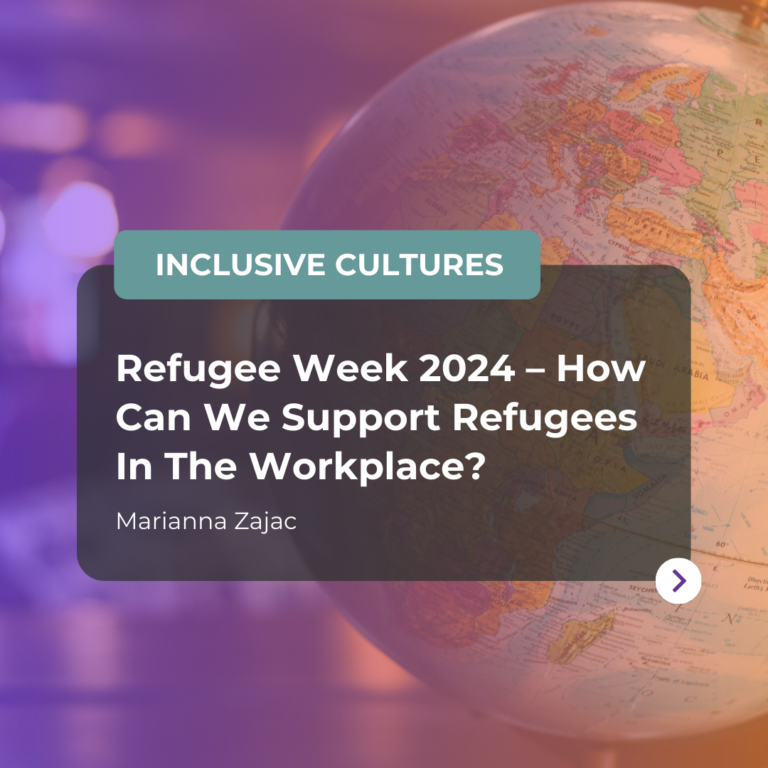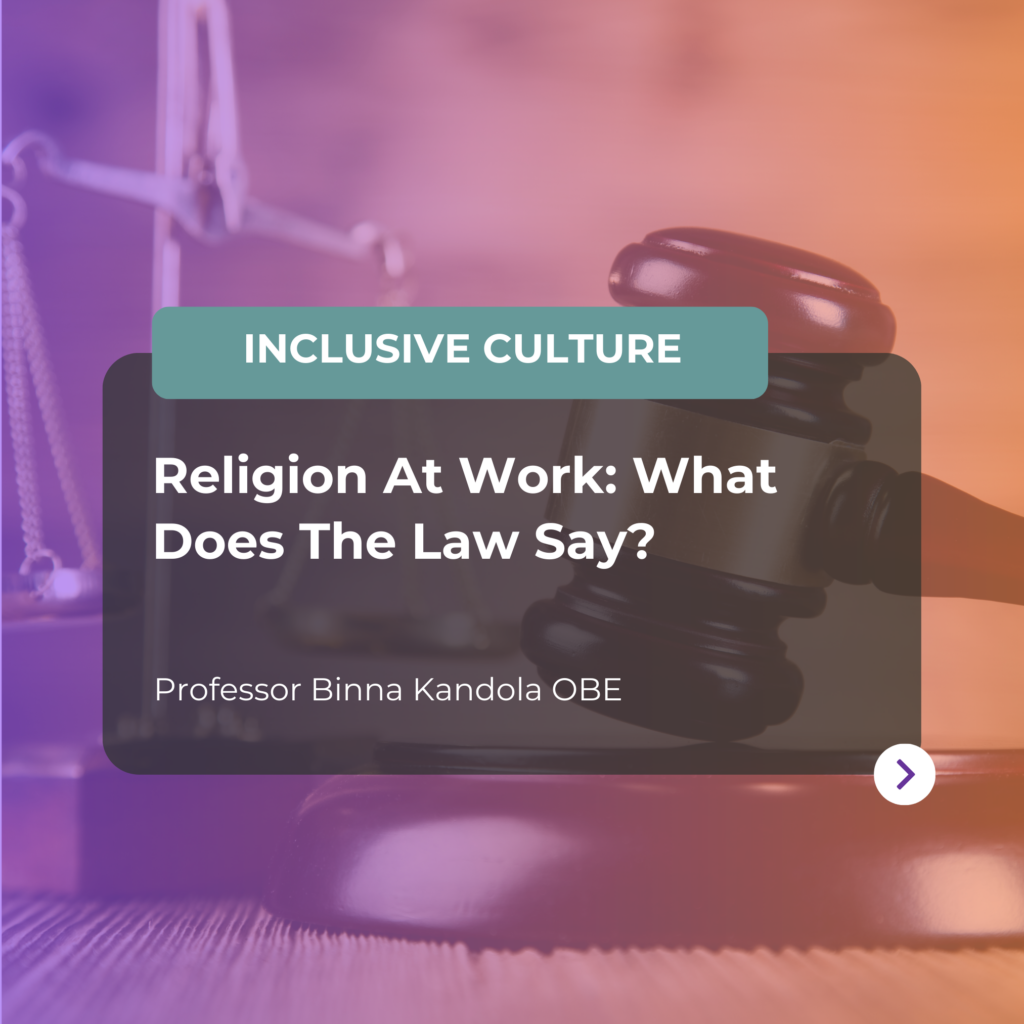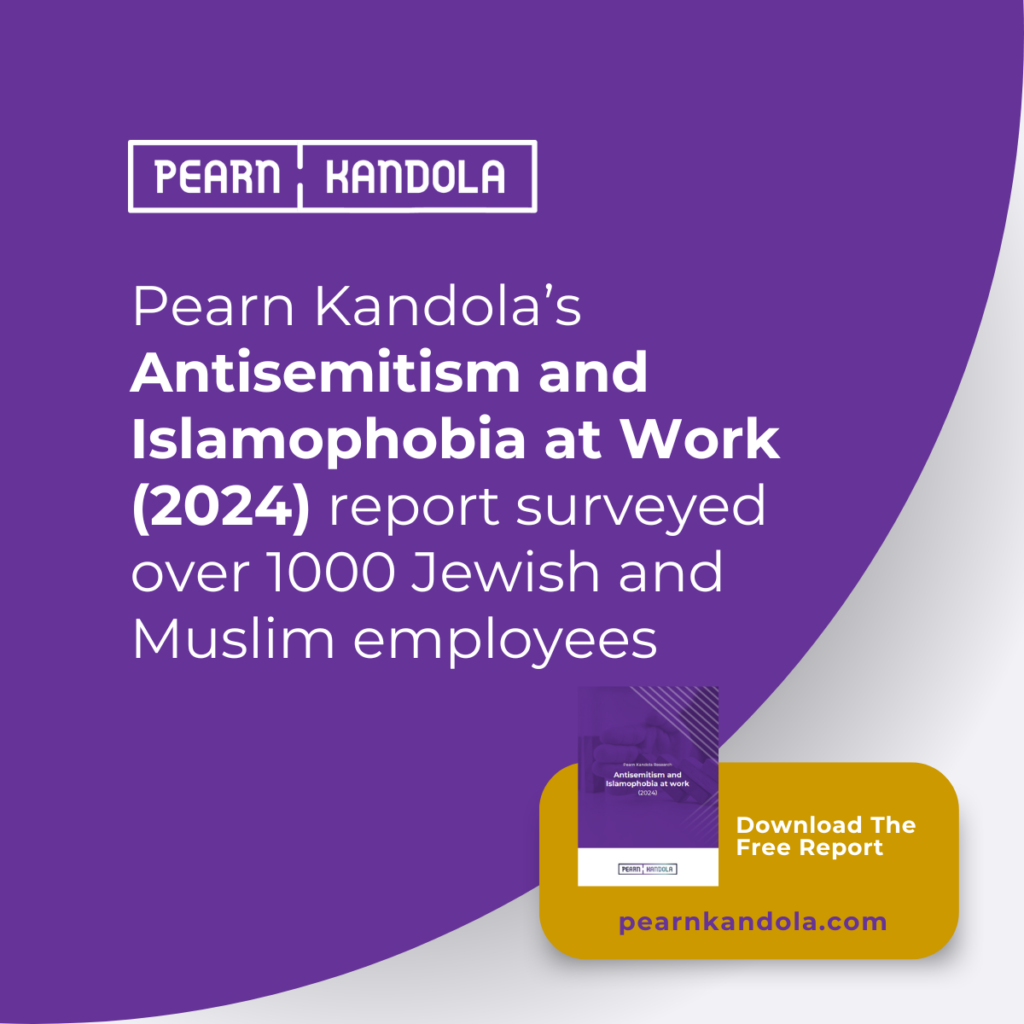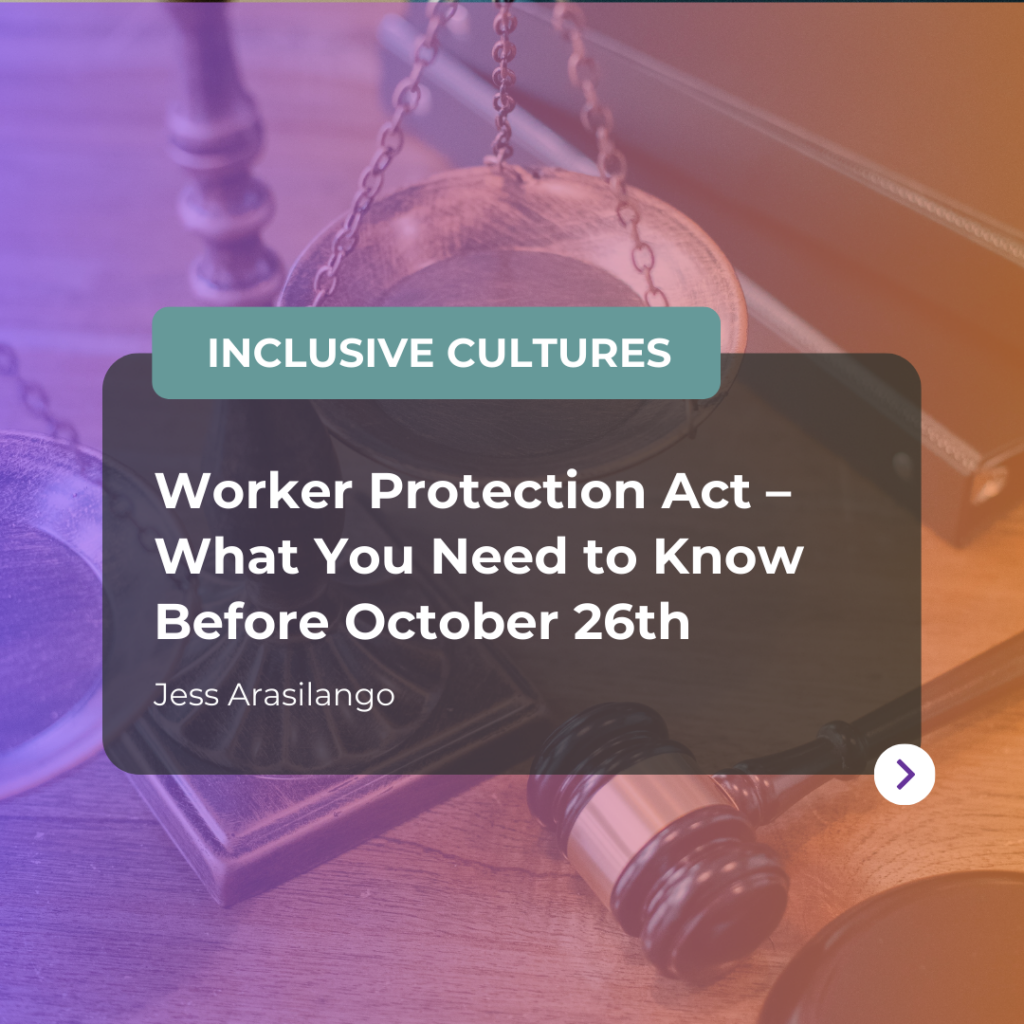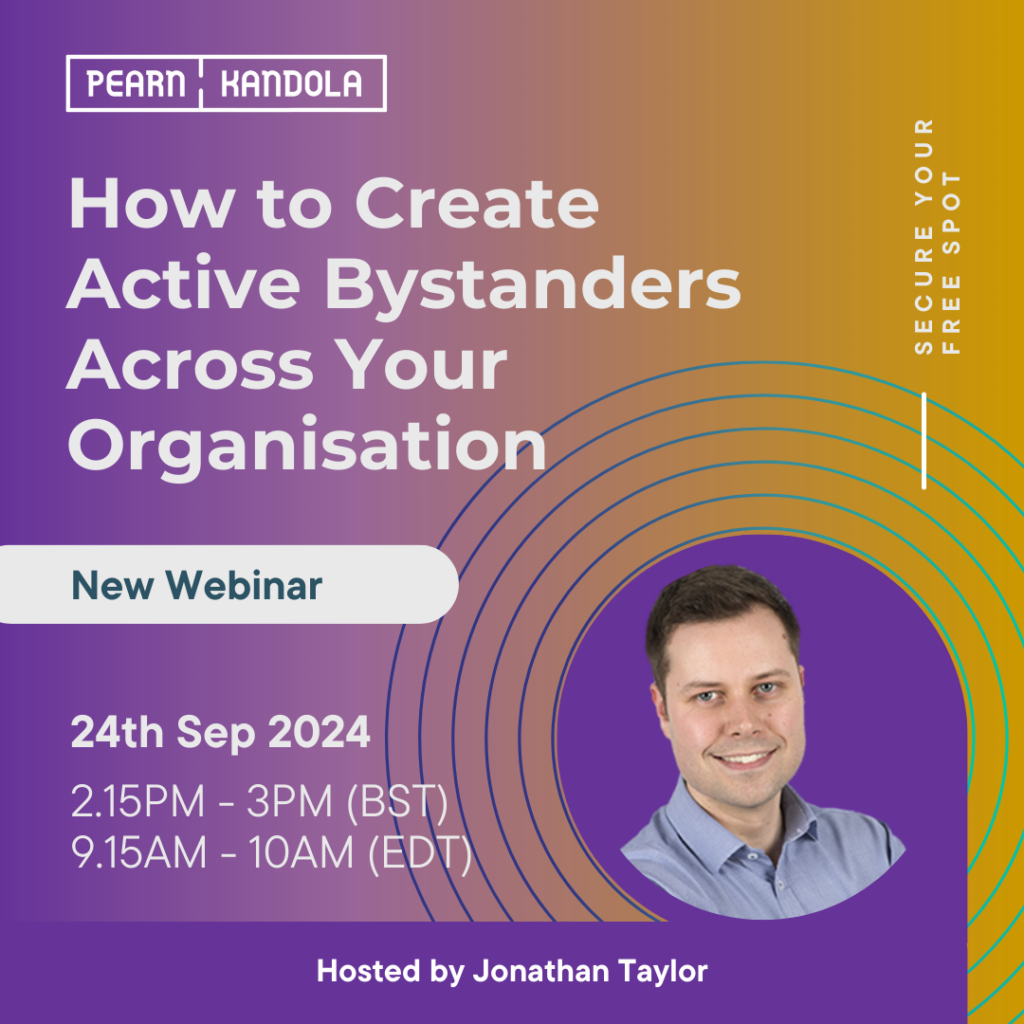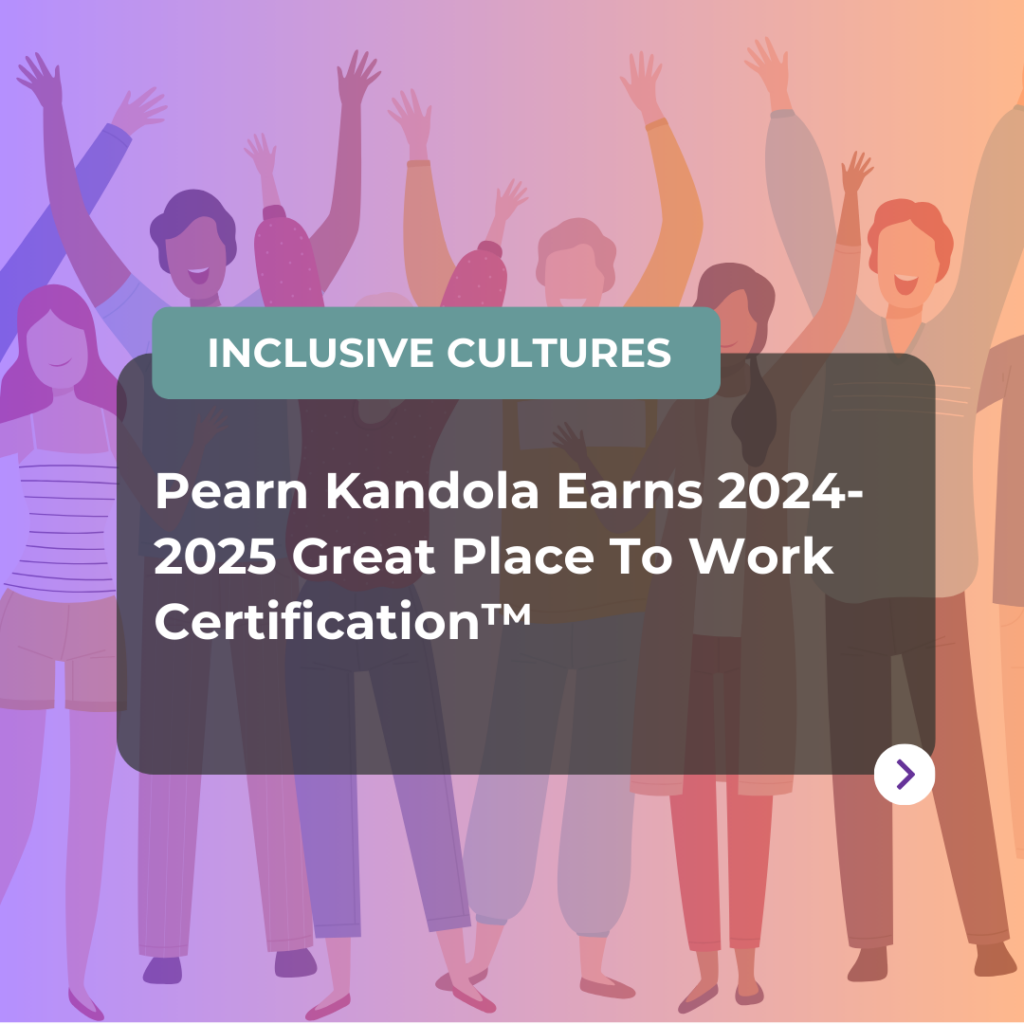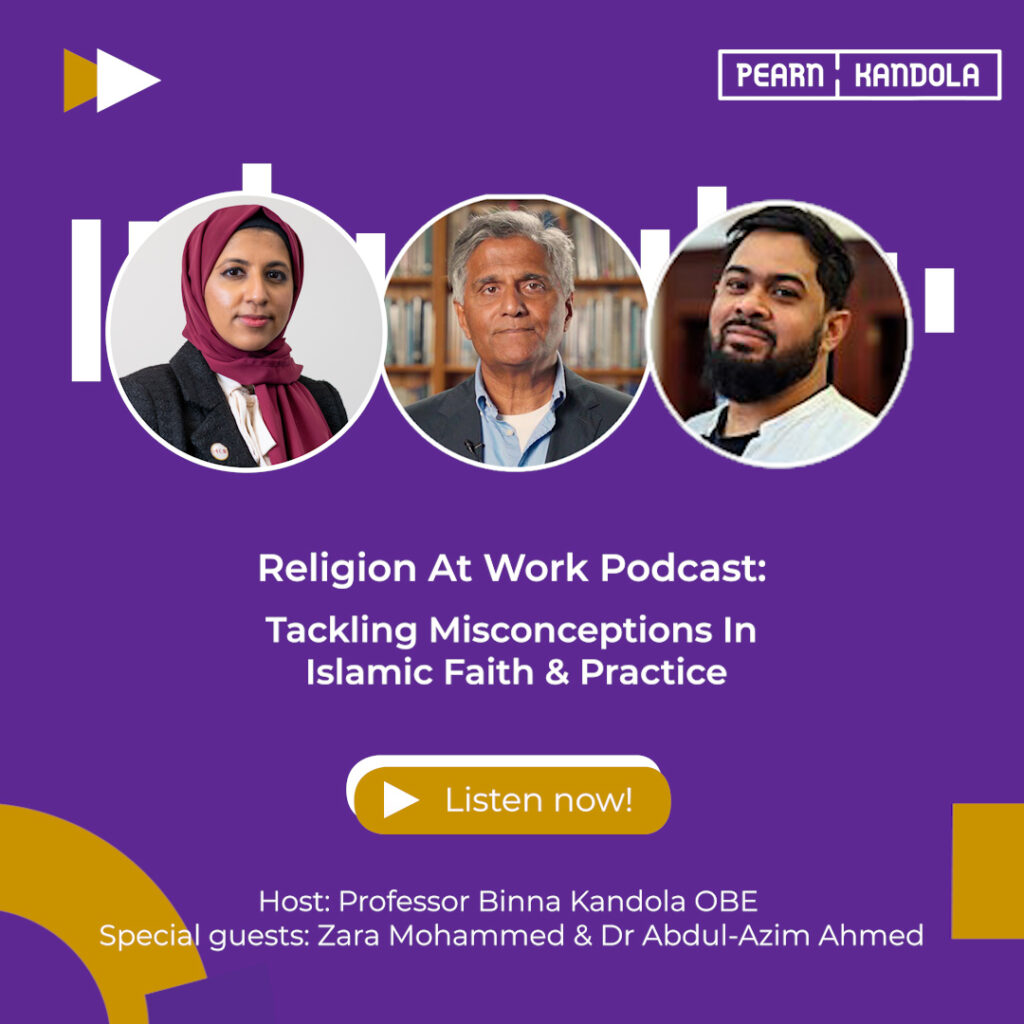17th – 23rd June 2024 marks Refugee Week. Founded in the UK in 1998, but celebrated internationally, Refugee Week is an annual celebration of the contributions, creativity and resilience of refugees and incorporates World Refugee Day on June 20th.
World Refugee Day and Refugee Week allow organisations and individuals to celebrate and learn more about people seeking sanctuary, and crucially raise awareness of the distinct experiences these individuals have faced.
Earlier this year, Pearn Kandola released our latest research, highlighting the experiences and significant barriers faced by refugees here in the UK when it comes to finding employment..
Our first report, Refugees’ Experiences At Work (2024) involved interviews with refugees to understand more about their experiences when trying to find work, whether they were able to secure employment and whether it matched their qualifications and skills. The report also outlined key recommendations for organisations to better support refugees in the workplace and leverage the wide-ranging skills on offer.
Our second report, Refugees At Work: Employers’ Experiences (2024) explored the attitudes of senior hiring managers towards hiring refugees, and helped to underscore the experiences shared by our refugee respondents and highlight why they were facing the barriers they faced.
3 Main Findings Of Our Refugee Research
1. Refugees were unable to use the skills and qualifications they had previously obtained
Interviewees told us they struggled to find employment that matched the skills and qualifications they had obtained from previous work experience in other countries. Despite having relevant qualifications, the interviewees in our sample told us that they were unsuccessful when applying for roles matching their experience.
For example, one interviewee had 9 years of experience working as a chartered accountant but had spent a year working in an off-license store, as he was constantly rejected for roles in his profession. This wasn’t the only example mentioned as many in our sample, from dentists and architects to marketers and doctors explained their struggle to find roles that matched their skill level.
2. Refugees face bias and discrimination
Some interviewees stated that they had experienced bias when employers realised they were refugees. There was a general sense that people held negative stereotypes about refugees which impacted their opportunities to find employment. Our research into employers’ attitudes highlighted a lack of knowledge about the legality of refugee status, who have a legal right to work in the UK.
3. Refugees displayed determination and adaptability
Many interviewees spoke about the challenge of moving to a new country and adapting to the new culture. Despite the barriers that often made it more difficult for them to find work in the UK, there was clear determination and adjustment to find suitable employment. They described their experiences and challenges but also spoke about their resilience which was a quality that could be of value to organisations.
How Can We Use These Findings To Support Refugees In The Workplace?
Work on unconscious bias
If hiring managers aren’t aware of how stereotypes and biases may be affecting their decision-making, they are likely to disregard talented and skilled employees. Training hiring managers to understand how unconscious bias may be impacting them is crucial to ensuring skilled talent is not being missed.
Create a supportive organisational culture
Employees who come from different cultures may need some support to adapt to a new work environment. Creating an environment where employees feel safe to ask questions and be themselves at work will allow them to flourish in their roles.
Partner with refugee organisations
One of the most effective ways of reducing bias is to have contact between groups on a meaningful basis. Organisations could, for example, set up work placement programs in partnership with organisations working with refugees.
To learn more about our research, or how we can help your organisation to better support refugees in your workplace then please get in touch with us via info@pearnkandola.com
